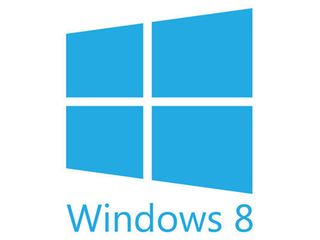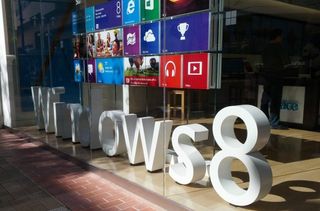
Microsoft has apparently blamed PC vendors for the poor sales of Windows 8 since its late October 2012 launch.
According to the Register, the software giant accused vendors of not producing enough enticing touchscreen tablets powered by Microsoft's latest operating system for the Christmas period in 2012. However, the manufacturers have reportedly claimed that if they had followed Microsoft's hardware requirements and invested in production, all they would accomplish is building a variety of high-end expensive tablets that consumers weren't interested in.
Companies including Asus, Sony, Toshiba and Dell have all expressed their worries over Windows 8's future. Samsung, for one, canceled its plan to launch its Windows RT tablet, the ATIV Tab, in the U.S.
Microsoft is said to have offered guidelines on the hardware it wished to be included in all machines powered by Windows 8 in order to showcase and make use of the platform's new additions including touch-centric interface.
The company purportedly carried out a competition between several PC manufacturers, with the computer systems seen as the best scheduled to be promoted under two labels -- Hero PCs and Featured PCs. 10 Hero PCs were to be advertised on a nationwide scale, which Microsoft promised to pay retailers for should they display it, as well as promoting 20 PCs on the Featured list.
However, that failed to materialize as Gartner recently stated that during the Q4 of 2012, Windows 8 failed to instill a "significant impact" on PC shipments. A month after the launch of the platform, Windows PC sales decreased by 21 percent. It's also trailing behind Windows Vista when it comes to usage share.
"Microsoft is very frustrated with major OEMs who didn't build nearly enough touch systems and are now struggling to find parts and ramp up. Microsoft says they provided very specific guidance on what to build," The Register's source said.
Stay on the Cutting Edge
Join the experts who read Tom's Hardware for the inside track on enthusiast PC tech news — and have for over 25 years. We'll send breaking news and in-depth reviews of CPUs, GPUs, AI, maker hardware and more straight to your inbox.
The insider added that Microsoft isn't blaming OEMs publicly, but has done so within private meetings with PowerPoint presentations. "There was a big debate, and we said: 'It’s not like that.' We couldn’t afford to make lots of product, lots of high-priced touch. We found people would look at nice high-end products and buy £299 [$472] devices instead," the contact explained.

PC vendors are also said to have blamed Microsoft for instilling confusion with its Surface tablet. The general consensus is that the firm didn't do enough to educate users about the new touch user interface. Either way, while Microsoft were distracted with its promising tablet, it subsequently failed to considerably support the launch of normal Windows 8 PCs.
"Microsoft is not blaming itself for not selling enough Surface, it’s blaming OEMs for not having enough touch-based product," the supply chain source stated.
Responding to concerns regarding Windows 8, Microsoft said it works closely with hardware partners on a number of devices which it believes "people will love and that showcase the best of the Windows 8 user experience. This is not a new process for Windows".
"We work closely with our OEM partners to put a great hardware assortment that brings Windows 8 experiences to life at the center of our marketing campaigns – three key hardware refresh and selling timeframes for OEMs and Microsoft campaigns continue to be: spring, back to school and holiday," the software giant continued. "As market conditions evolve, we will continue to work in tandem with PC makers on creating successful and compelling campaigns."
As for Windows sales during the Q4 of 2012, which generated sales of $5.88 billion (an increase of 24 percent year on year), Microsoft referred to the 60 million Windows 8 licences that have been sold thus far.
However, the firm added that the figure could be attributed to both upgrades and sales to manufacturers, as opposed to sales of PCs. Windows division chief financial officer and chief marketing officer Tami Reller stated that the 60 million figure was "roughly in line with where we would have been with Windows 7".
Most Popular





